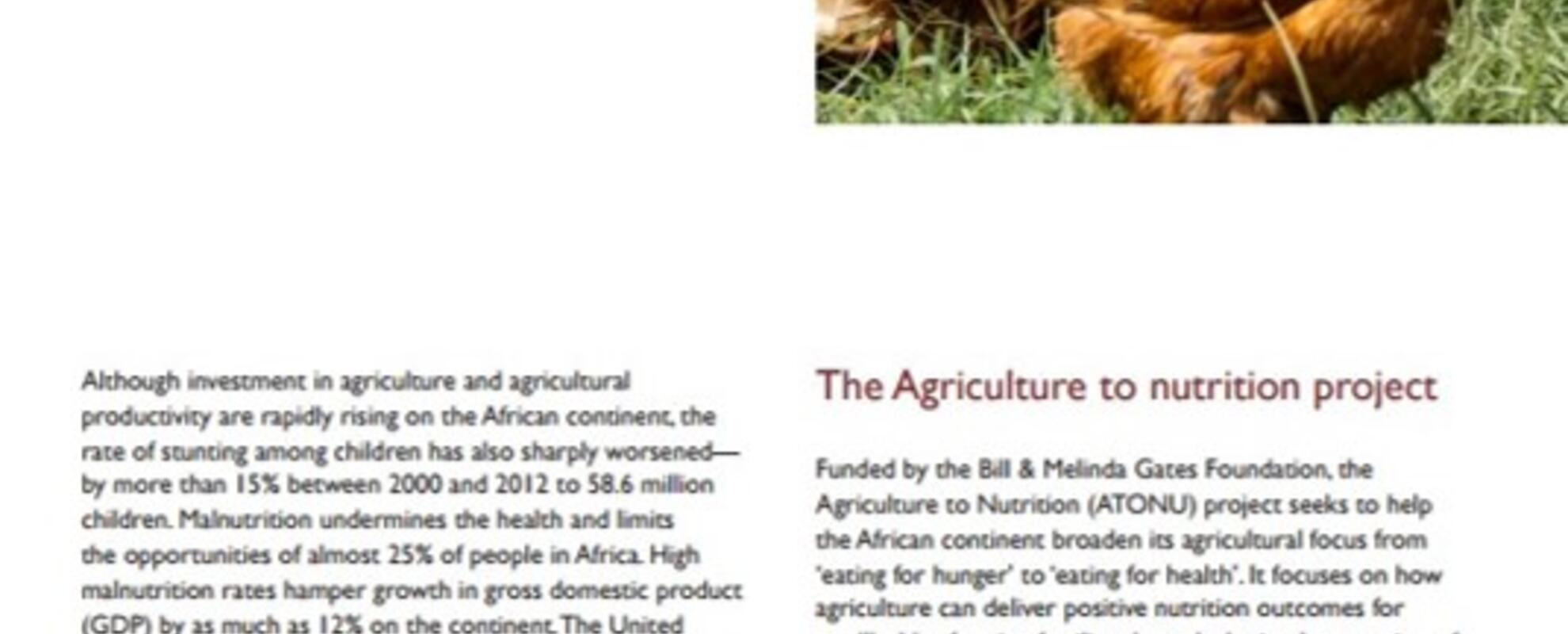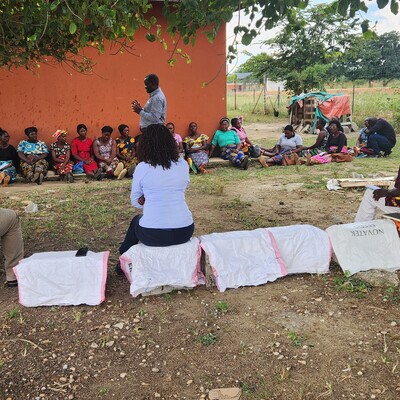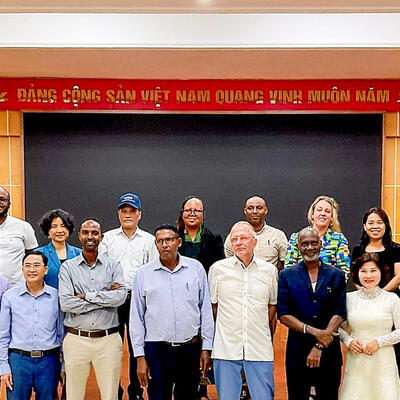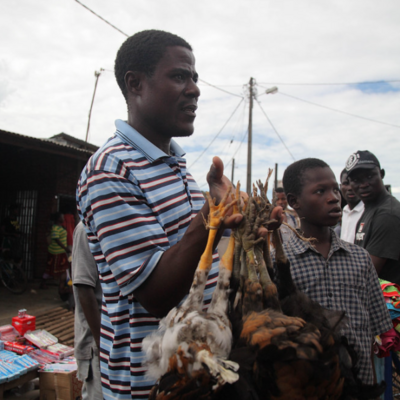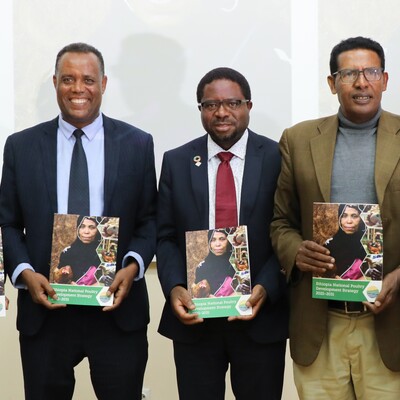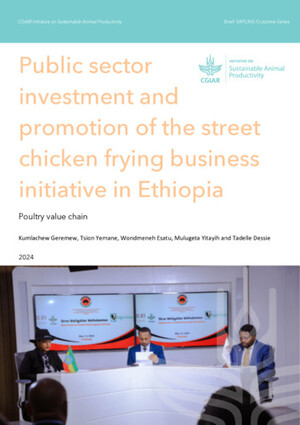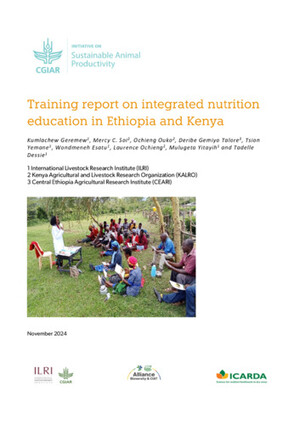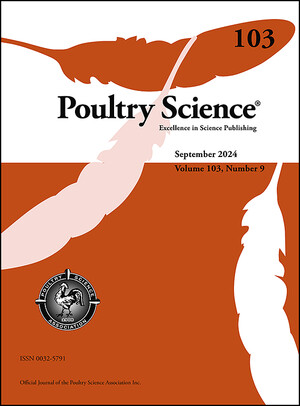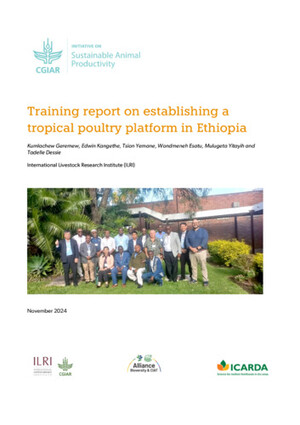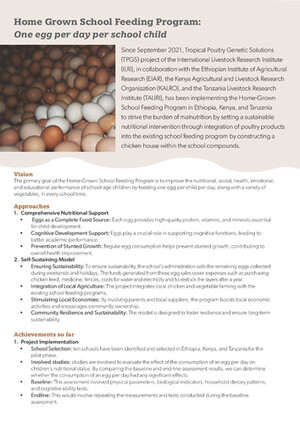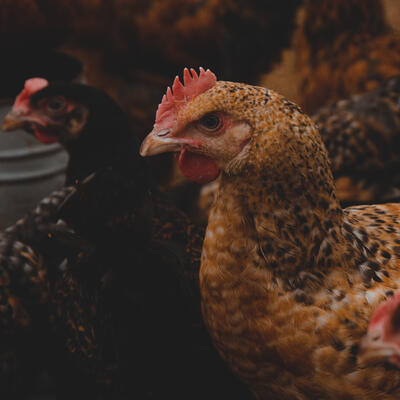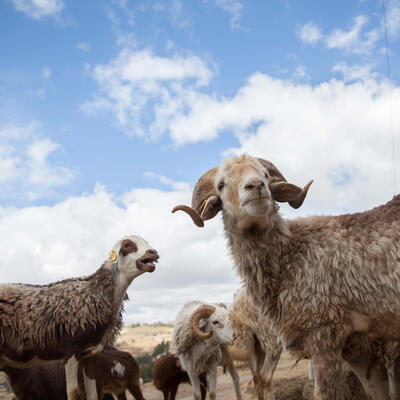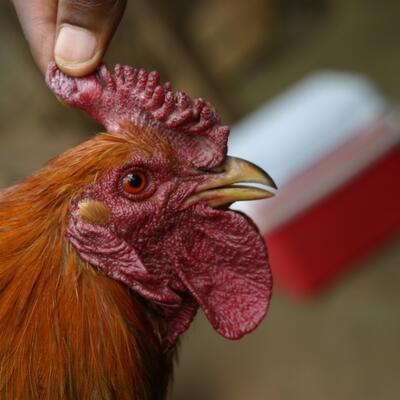
Bridging the gap between agriculture and nutrition in Ethiopia and Tanzania
The African Chicken Genetic Gains (ACGG) project is partnering with the Agriculture to Nutrition (ATONU) project to design and implement nutrition-sensitive interventions to improve nutrition in smallholder farming families in Ethiopia and Tanzania.
In Ethiopia, the project will leverage on ACGG activities as an entry point. ACGG has provided each participating household with 25 imported tropically-adapted chicken strains and locally developed indigenous strains. ATONU will use this entry point to promote the consumption of chicken meat and eggs as a nutrition-sensitive intervention for farmers.
Working closely with the International Livestock Research Institute (which leads the ACGG project) and the Ethiopian Institute of Agricultural Research (EIAR), ATONU aims to improve the nutrition of women of childbearing age and children in 20 villages in Amhara, Oromia, Southern Nations, Nationalities, and Peoples’, and Tigray regions in Ethiopia.
It will also carry out interventions targeting 20 villages in the central, southern highlands and eastern zones of Tanzania.
Project interventions are targeting 1,600 women and young children in their first 1,000 days—40 per village—where high nutritional demands of pregnancy, development and early childhood must largely be met through food grown, or income earned, on family farms in the two countries.
Partners in the ATONU project include the Harvard T. H. Chan School of Public Health, EIAR, the Tanzania Livestock Research Institute; the Addis Continental Institute of Public Health and Sokoine University of Agriculture. The ATONU project is funded by the Bill & Melinda Gates Foundation.





